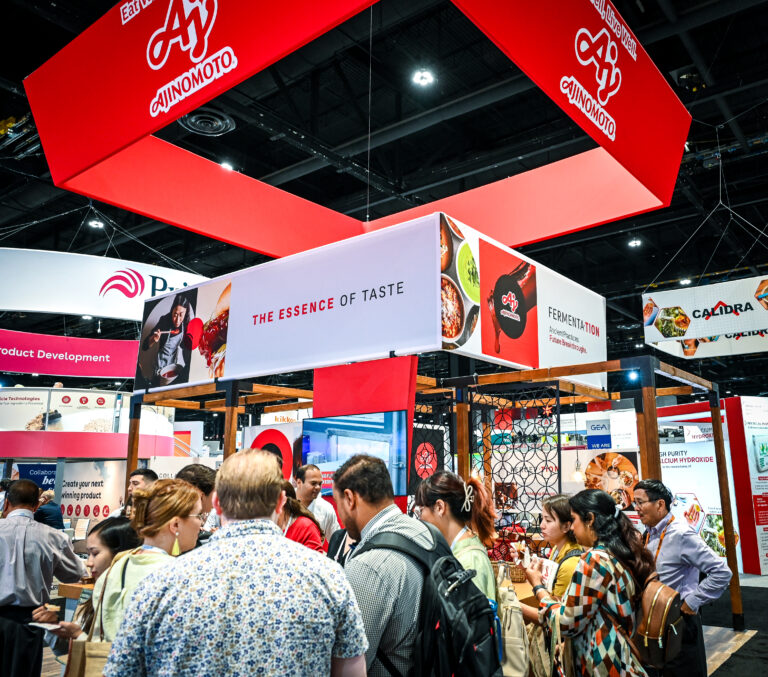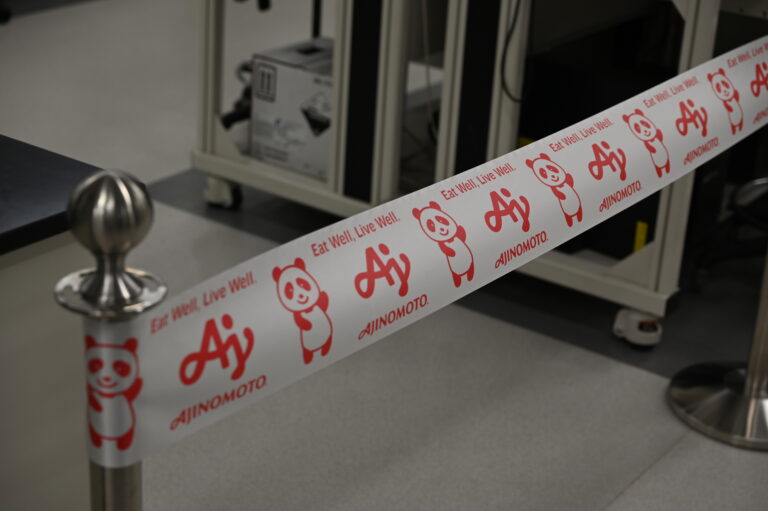A few days after bringing their newborn son home, David and Lynn Paolella received a call from the hospital. Initial screening suspected that their baby had PKU-a rare genetic disorder that renders normal foods toxic to the developing brain. That single call changed the course of their lives forever. Follow up diagnostics confirmed a diagnosis.
Born fully healthy – as his gestational nutrition came from his mother’s liver, Cameron’s health was immediately at risk because his liver was unable to process the amino acid phenylalanine. There was almost nothing he could safely eat. High blood levels of this amino acid can cause a variety of toxic effects, including brain damage. So began a steep and rapid learning curve for David and Lynn. During the first year of life, weekly blood testing, daily special food preparation, and careful weighing of food ingredients for each meal were the norm. The parents were required to estimate how much was actually consumed by subtracting the uneaten food left in bowl, bib, and floor from the initial preparation – a challenging ordeal for any new parent! The gram scale and bread machine became prominent fixtures in their home.
Five years later (1997), when their daughter Brooke was born with PKU, they were well prepared. Yet there were very few foods available to manage the diet. The daily diet involved 2 parts: a very low protein “natural diet” that could not exceed 4 grams of protein per day, and a “protein substitute” (amino acid based) infant formula laden with fat, carbohydrates, vitamins, and minerals. Both the low protein food and special infant formula were poor tasting and caused frequent stomach pain and nausea.
Desperate to find foods and “formula” that would be healthy and appeal to her children, Lynn turned to support groups for help and shared what she learned with others. She educated the children’s teachers about PKU, and sometimes made low protein snacks to share with the other kids at school. Dinners at the family table focused on tasty low-protein breads, pastas and vegetables that everyone could enjoy together. It was clear that this “diet for life” would be an increasing challenge as Cameron and Brooke would grow into adulthood. Lynn appealed to the existing medical food companies to improve their products – to no avail.
Frustrated by the lack of innovation Lynn and David founded Cambrooke in 2000 with the goal bringing best quality, more variety, and lower cost product for families suffering with inborn errors of protein metabolism – as this category of disease is called. Engaging industrial food scientists and university researchers to aid their early efforts, Cambrooke became the first medical foods company to launch a natural intact protein for the dietary management of phenylketonuria: Glytactin™ (modified glycomacropeptide, or GMP). Not only did it taste good-it also helped nearly all of the patients improve four critical biomarkers after just a few days on the GMP diet.
In their first two years of business more than a dozen low-protein food products had been developed. By 2009, this number increased to 120 digestible therapeutic medical nutrition products designed for a wide variety of metabolic conditions, including tyrosinemia (TYR), homocystinuria (HCU), maple syrup urine disease (MSUD), epilepsy, and a variety of conditions requiring low-protein foods, including renal failure.
In November 2017, the company became part of the Ajinomoto Group. It was renamed Ajinomoto Cambrooke, Inc. in April 2019. Lynn and David continue to be actively involved in the management of the company and exemplify the Ajinomoto philosophy, Eat Well, Live Well.



